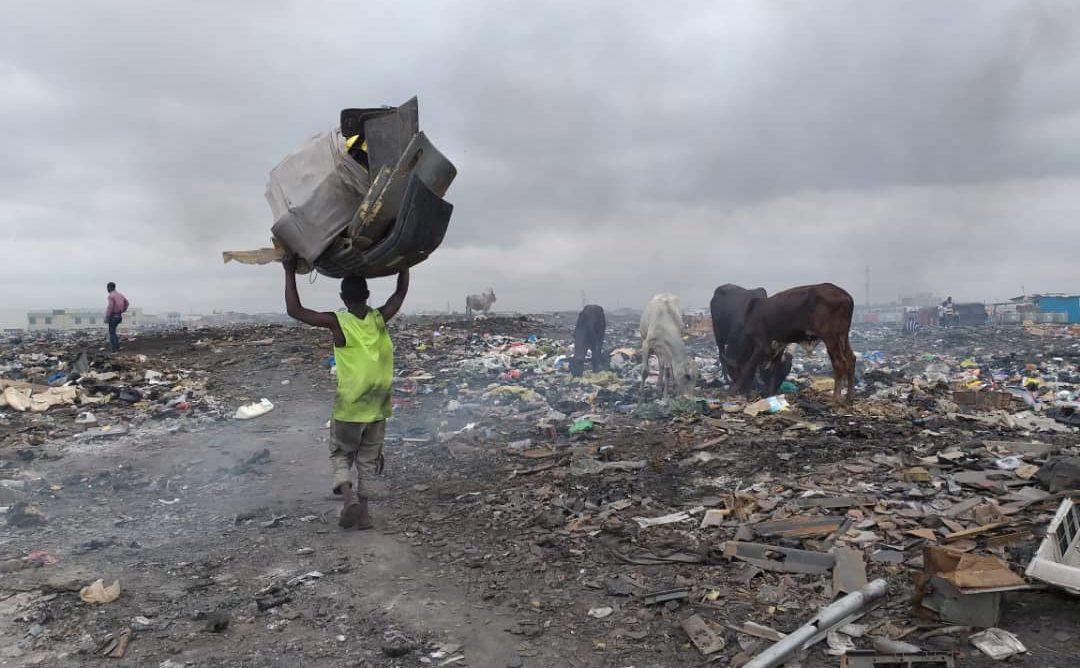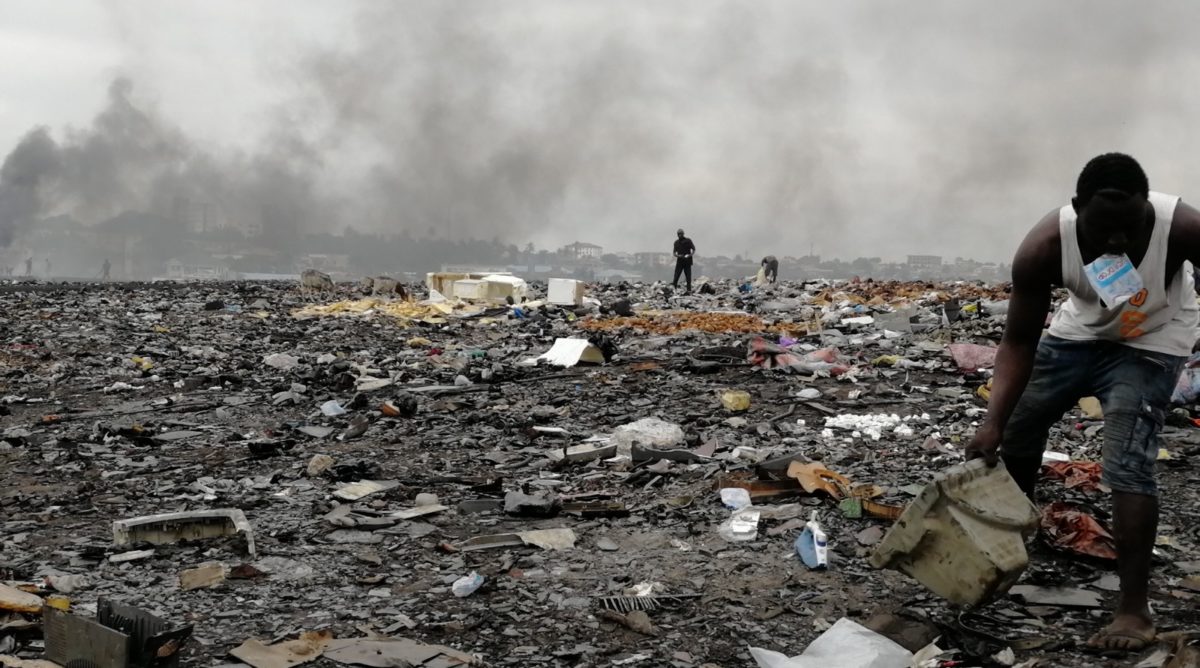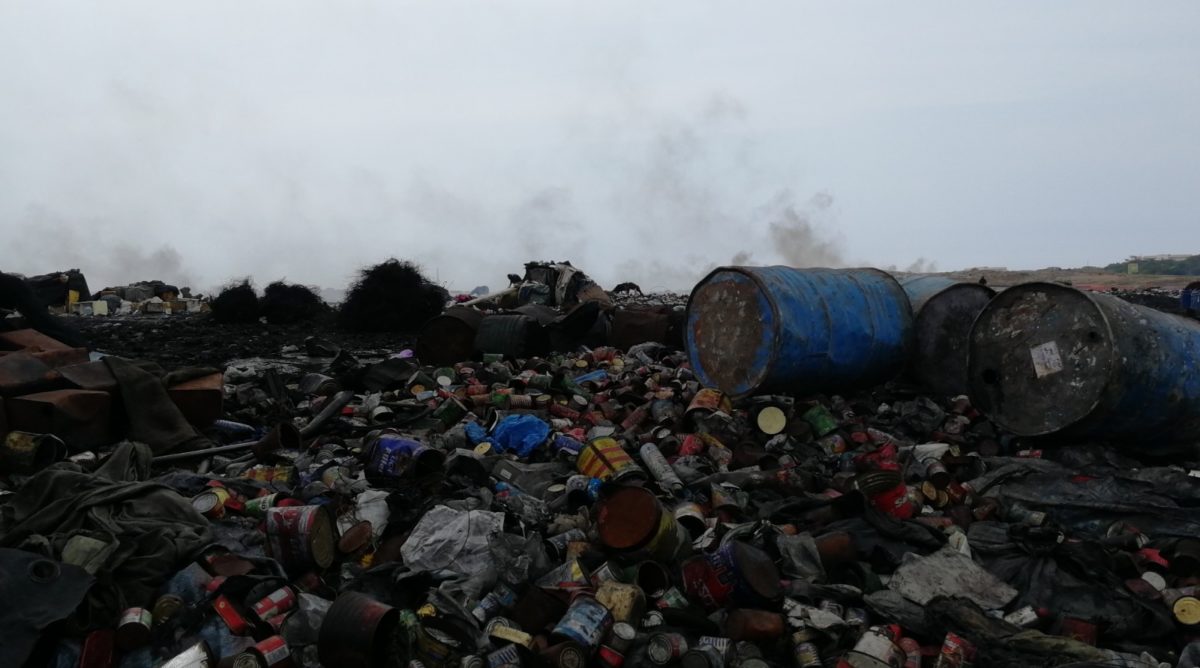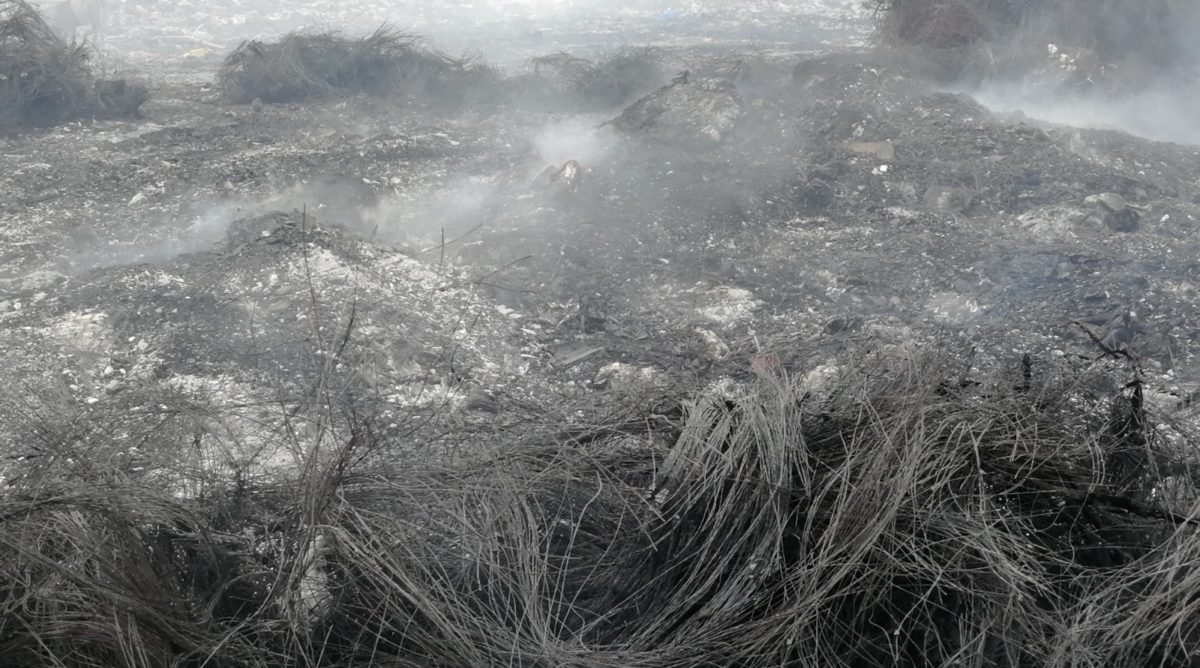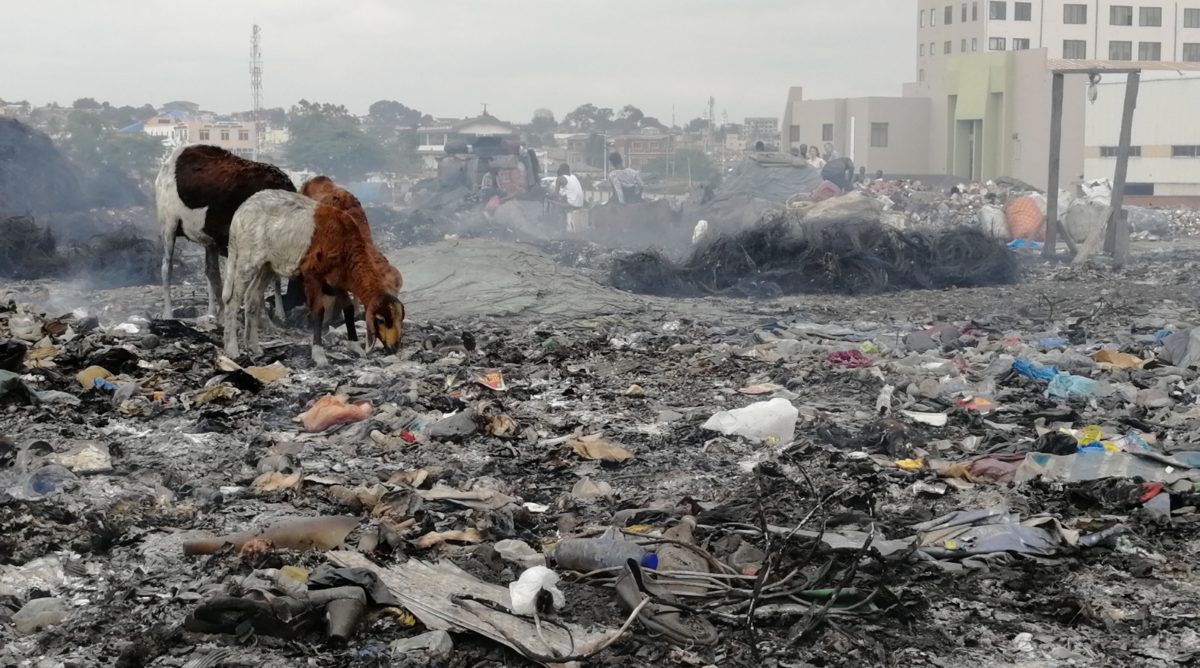Project details
Electronic waste landfill
Electronic waste landfills mostly occur in developing countries and are often a hotspot for heavy metal contamination, uncontrolled burning of plastic housings, cables etc. to release valuable materials by the local informal sector.
Hazardous waste in WEEE amounts
Electronic waste does not only often contain masses of flame-retardant plastic types, but also directly hazardous waste components. Often electronic devices contain heavy metals and other possibly harmful substances, which need to be collected separately during a recycling or disposal process.
Processing of WEEE
Processing WEEE amounts usually requires either extensive manual working force (disassembly) or relatively advanced technologies. In both cases, especially with WEEE, strict HSE measures must be respected and implemented in favor of both the staff and the surrounding population.



